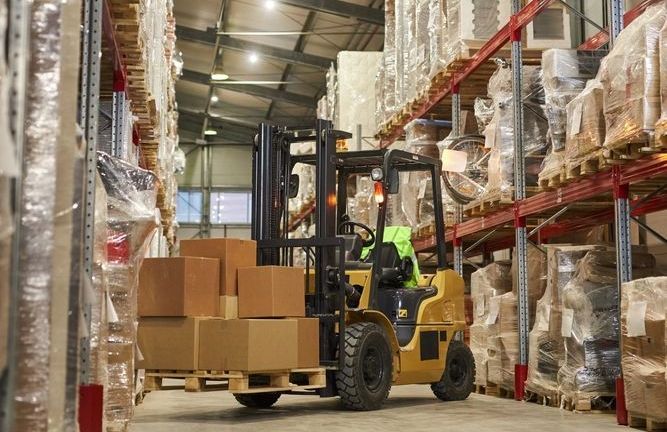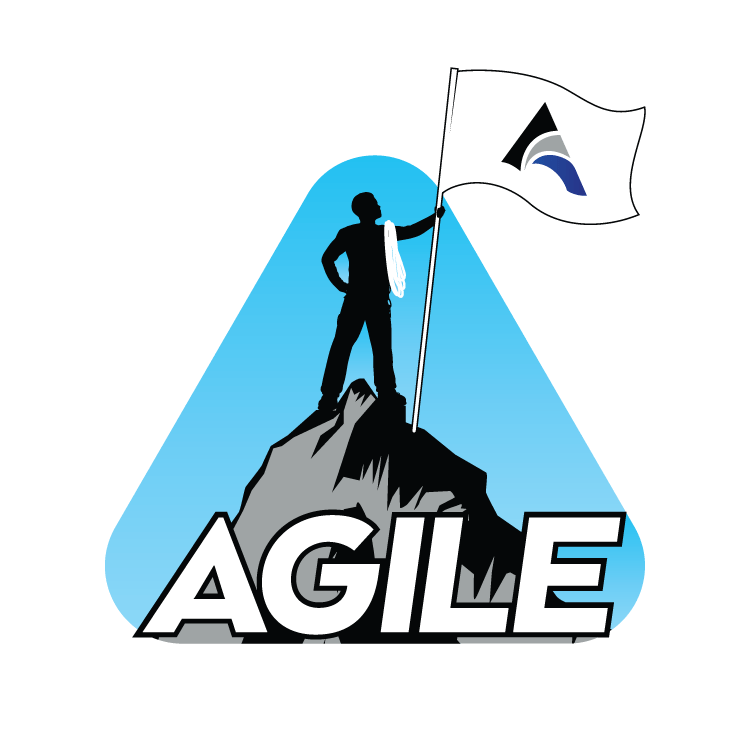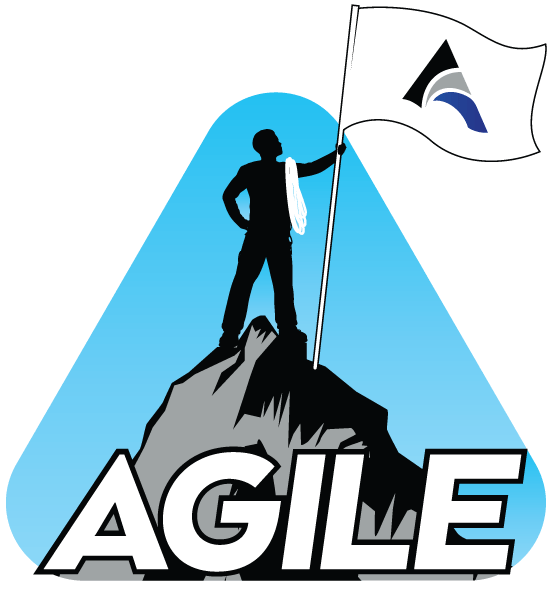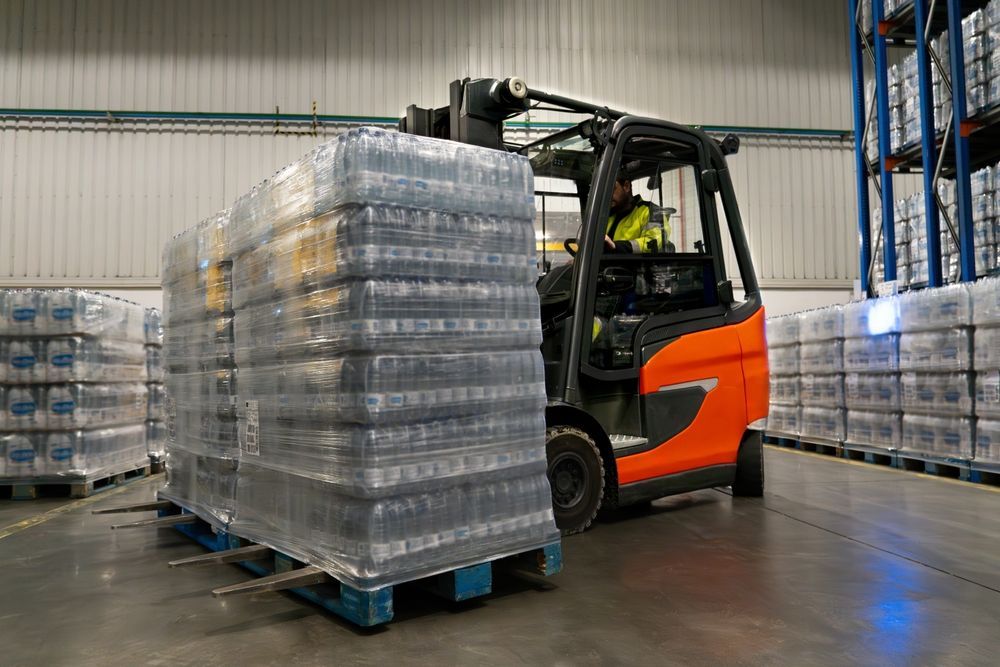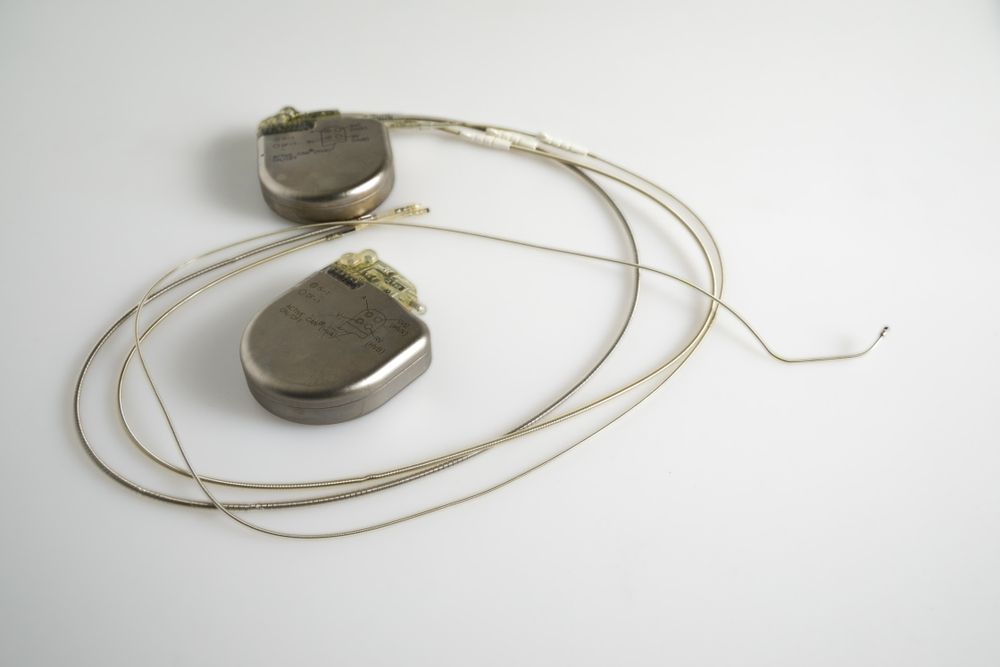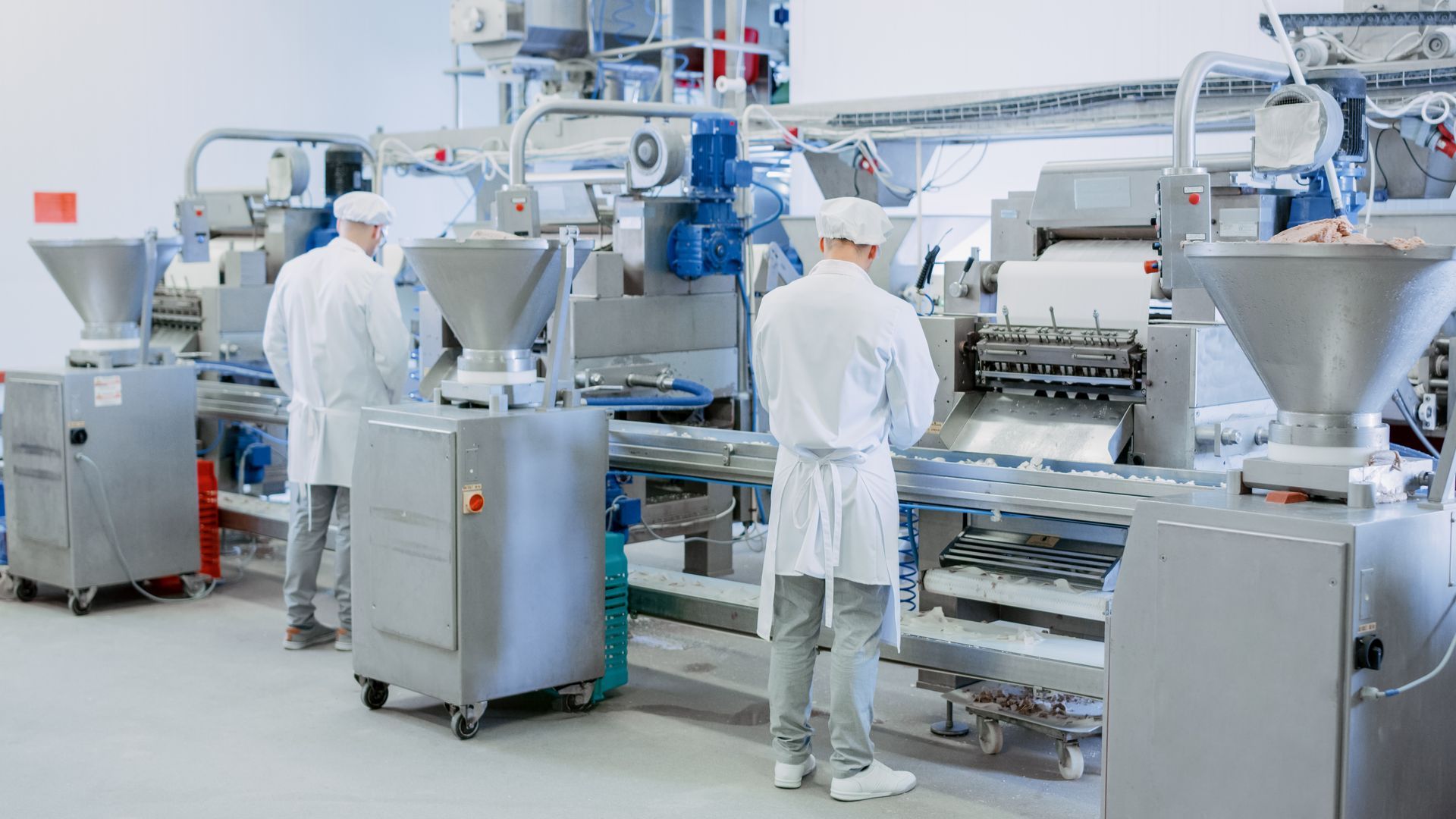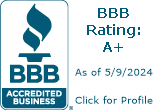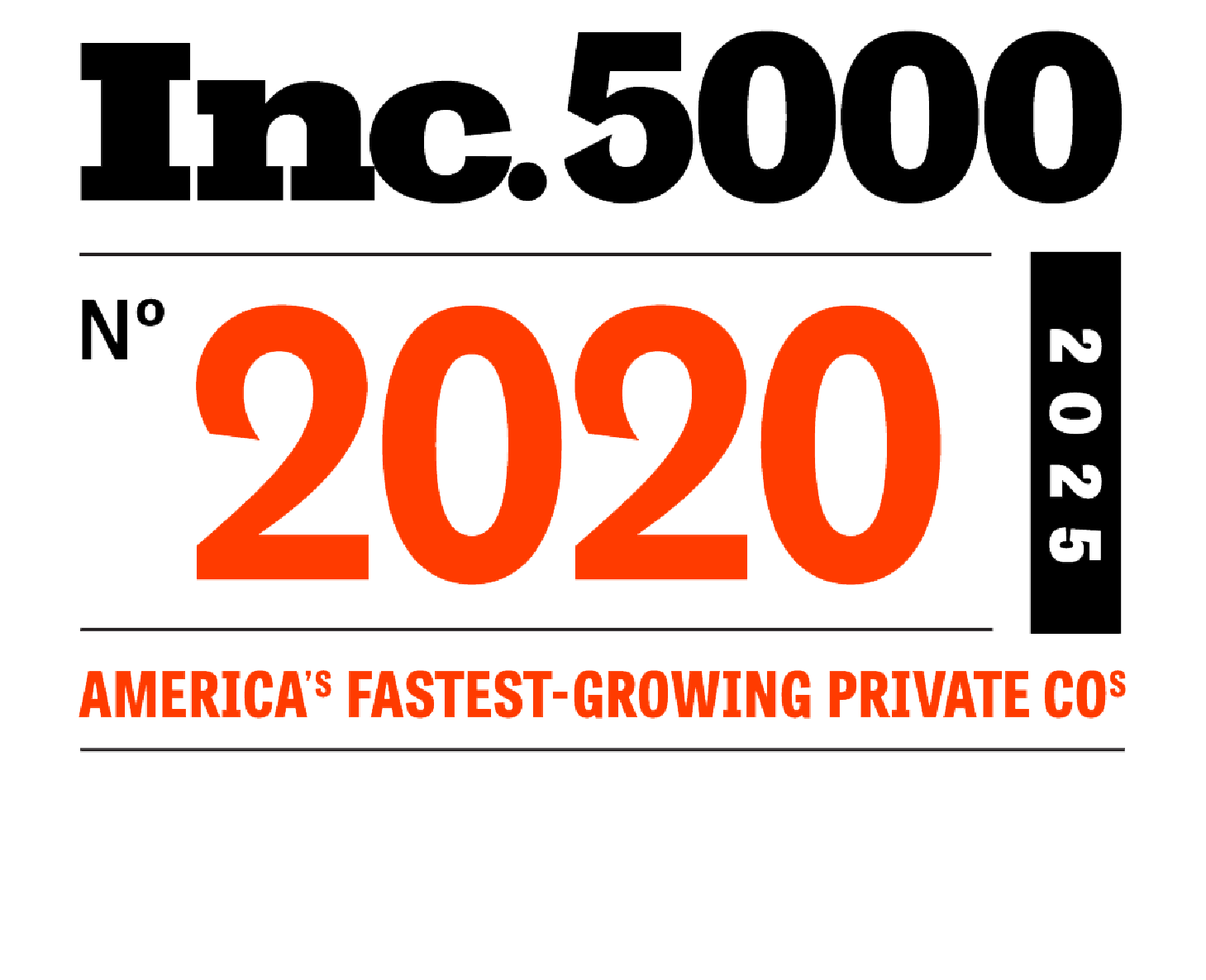South Carolina Utility Tax Exemption Opportunities
In the state of South Carolina, utilities are typically subject to state and local sales and use tax rates. There are several industries, however, that are entitled to claim South Carolina sales tax exemptions on their utility usage. In South Carolina, utilities include electricity, gases such as natural gas, propane, butane and similar gases used for heating or power. Below, you will find more details about the South Carolina utility tax exemptions that apply to different industries.
South Carolina Utility Tax Exemption Opportunities by Industry
Manufacturing
Electricity is exempt for manufacturers in South Carolina as long as it is used in the manufacturing process. This includes electricity used to operate manufacturing machinery and the electricity used to provide plant lighting in production areas. It also includes the electricity used to control the temperature or atmospheric conditions within the manufacturing plant.
The exemption does not include electricity used outside of the manufacturing process, i.e. electricity used for administrative offices. There is also a South Carolina sales tax exemption for coal, coke or other fuels, including gas for use in manufacturing tangible personal property for resale.
Per S.C. Code Regs. 117-302.3 , this exemption also extends to fuel used to control plant temperature or atmosphere similar to the South Carolina sales tax exemption for electricity.
Residential Utilities
Electricity is exempt in South Carolina when used for residential purposes. “Residential Purposes” is defined as a space where a family lives for permanent residence such as a house or an apartment. It does not include temporary or transient residences such as hotels or dormitories, but does extend to apartment complexes, condominiums, duplexes, mobile homes and assisted living facilities.
Electricity that is centrally metered in apartment complexes is deemed a residential purpose and is not subject to South Carolina sales and use tax. Individual houses or properties with separate meters for additional buildings, such as a shed or pool house, are deemed to be used for residential purposes as well, and are also tax exempt.
Utilities metered to common areas of a residential community in a Homeowners’ Association (“HOA”) are not considered a residential purpose. South Carolina has issued SC Revenue Ruling #17-1 to provide more detailed information about how the residential utility exemption applies to common areas. South Carolina has determined that the exemption for “residential purposes” does not extend to businesses, institutions, or other non-residential properties such as hospitals or healthcare facilities, dormitories, schools, and prisons.
Natural gas, fuel oil, kerosene, LP gas, coal or any combustible heating material used for heating qualifying residential properties are eligible for this exemption. In order to claim the exemption, residential customers will need to send their utility provider an exemption certificate for sales and use tax ( SC Form ST-8 ).
Some utility providers in South Carolina have a misconception about what utilities qualify for the residential exemption and will deny requests for certain accounts or meters to be set up as non-taxable. On occasions such as this, our sales tax consultants strive to take the decision-making process out of the hands of the utility by filing directly with the South Carolina Department of Revenue.
The South Carolina Department of Revenue agrees with our reading and interpretation of the residential utilities exemption.
Farming and Agriculture (Certain Functions Apply)
The South Carolina sales tax exemptions for the farming andagriculture industry include the purchase of certain types of electricity and fuel. Per S.C. Code Regs. 117-301.7 , electricity that is used to irrigate crops is not subject to South Carolina sales and use tax. Electricity, natural gas or liquefied petroleum gas (“LPG”) used exclusively in animal husbandry for producing livestock, poultry, swine or on dairy farms to produce milk also qualify for the South Carolina sales tax exemption found in that section of the SC Regulations.
Additional South Carolina Sales Tax Exemptions
As with all sales and use tax research, the specifics of each case need to be considered when determining taxability. Additional advice from Agile Consulting Group’s sales tax consultants can be found on our page summarizing South Carolina sales tax exemptions.
If you have questions, comments, concerns or would like to discuss the specific circumstances you are encountering in regard to this sales and use tax, please contact our sales tax consultants at (888) 350-4TAX (4829) or via email at info@salesandusetax.com.
The post South Carolina Utility Tax Exemptions appeared first on Agile Consulting Group.
